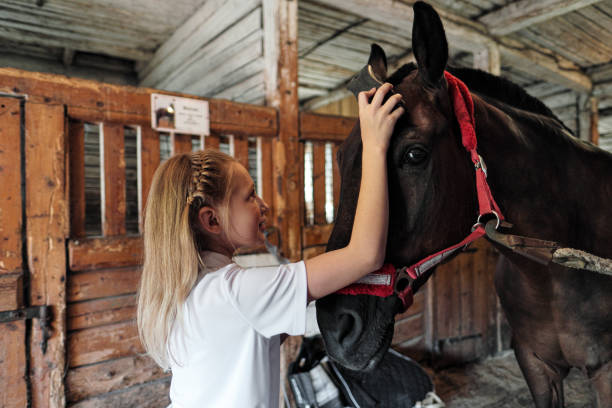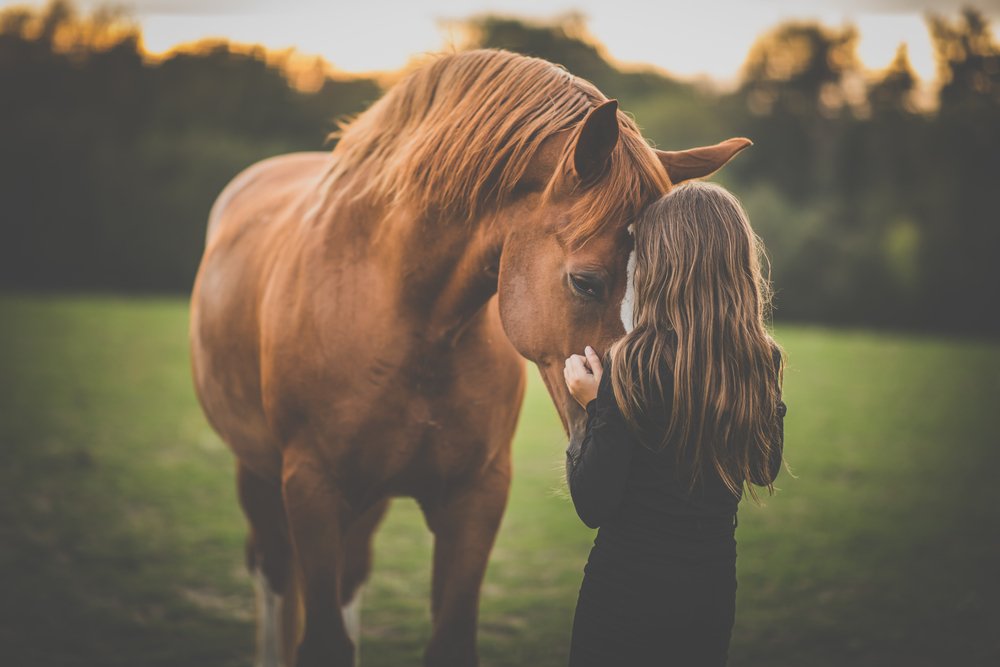As our beloved equine companions age, it’s crucial to ensure their happiness and well-being. Understanding how to tell if a senior horse is happy is essential for every horse owner who wants to provide the best care for their aging friend. In this article, we’ll explore the signs of a happy senior horse and provide tips to ensure their contentment.

Understanding the Behavior of Senior Horses
Senior horses have unique needs and behaviors. As they age, their physical and emotional requirements change. Recognizing these changes is the first step in ensuring their happiness. Observing their daily routines and interactions can provide valuable insights into their overall well-being.
The Importance of Routine
A consistent routine is vital for senior horses. It helps reduce stress and provides a sense of security. Regular feeding times, exercise, and grooming are crucial elements of a routine that contributes to their happiness.
Social Interactions
Horses are social animals, and senior horses still benefit from interaction with other horses. A happy senior horse often displays positive social behavior, such as grooming other horses or engaging in playful activities.
Physical Signs of a Happy Senior Horse
Physical health is a significant indicator of happiness in senior horses. Here are some signs to look for:
Healthy Coat and Skin
A shiny, smooth coat is a good sign of a happy and healthy horse. Regular grooming can help maintain their coat and provide bonding time.
Bright Eyes and Ears
Alert and bright eyes, as well as active ears, indicate that a horse is engaged and content. Dull eyes or droopy ears can be signs of discomfort or unhappiness.
Stable Weight
Maintaining a stable weight is crucial for senior horses. Sudden weight changes can be a sign of underlying health issues. Regular check-ups and a balanced diet are essential.
Emotional Well-being of Senior Horses
Beyond physical health, emotional well-being plays a critical role in a horse’s happiness.
Relaxed Behavior
A happy senior horse often displays relaxed behavior. Signs include standing calmly, not pacing or showing signs of anxiety.
Responsive to Training
Even in their senior years, horses can learn and respond to training. A horse that participates willingly and shows enthusiasm in training sessions is likely content.
Engagement with Environment
A curious and engaged horse is a happy one. Horses that explore their surroundings, investigate new objects, and show interest in activities are demonstrating positive well-being.
Ensuring Happiness in Senior Horses
There are several steps owners can take to ensure the happiness of their senior horses.
Provide Proper Nutrition
A balanced diet tailored to their age and health needs is essential. Regularly consult with a vet to adjust their diet as necessary. For more on senior horse nutrition, you can visit PetMD.
Regular Veterinary Care
Routine check-ups and vaccinations are vital for maintaining health. Address any health issues promptly to prevent discomfort and ensure happiness.
Comfortable Living Environment
A comfortable and safe environment is crucial. Ensure their living space is clean, dry, and free from hazards. For tips on pasture management, visit Pro Horse World.
Regular Exercise
Exercise tailored to their ability helps maintain physical health and mental stimulation. For more on exercise for older horses, see exercise tips.
Hydration
Ensure your horse always has access to clean, fresh water. Dehydration can lead to serious health issues. For hydration tips, see hydration tips.
Conclusion
Understanding how to tell if a senior horse is happy involves observing their physical and emotional state. By providing proper care, nutrition, and a positive environment, you can ensure your senior horse enjoys their golden years with joy and contentment.

FAQ: Senior Horse Happiness
How can I make my senior horse happier?
Ensure they have a balanced diet, regular veterinary care, and a consistent routine. Social interactions and exercise also contribute to their happiness.
What are common signs of stress in senior horses?
Common signs include changes in behavior, weight loss, dull coat, and lack of interest in surroundings.
How often should I check my senior horse’s health?
Regular check-ups with a vet are recommended at least twice a year, or more often if you notice any changes in their behavior or health.
This article contains affiliate links. We may earn a commission at no extra cost to you.
